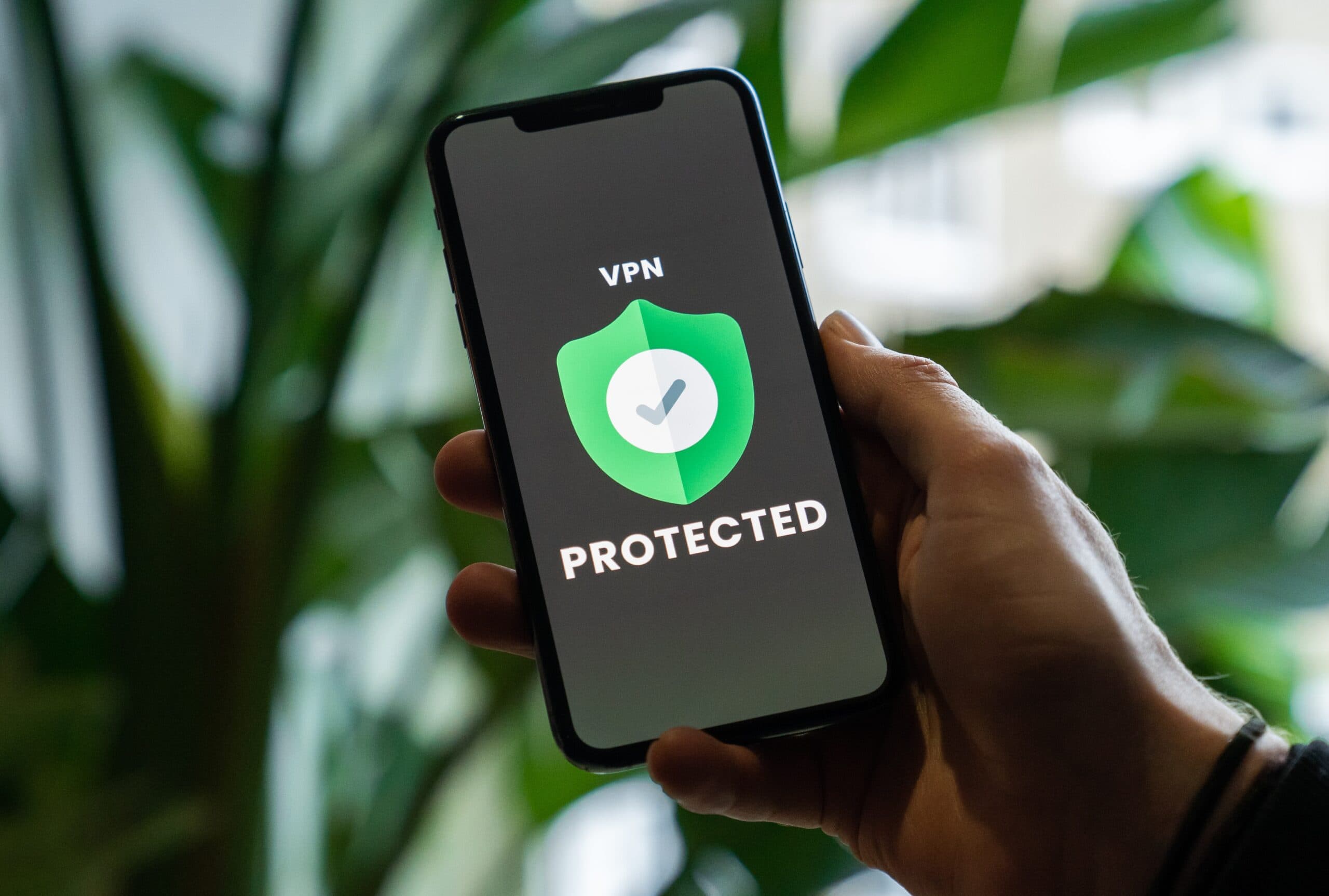Introduction: What is Online Privacy
As the number of cyber threats grow, it is important to understand what is online privacy and how you can best maintain it. Online privacy refers to safeguarding personal information and maintaining control over one’s digital identity.
In this blog, K3 Technology will break down the components of online privacy, exploring encryption, consent, and user control. We will then dissect common threats and legal frameworks of online privacy. Discover how to protect your online privacy while exploring the web.

Key Components of Online Privacy
Several key components play a pivotal role in safeguarding digital identities. Consider the following:
Personal Information Protection: One fundamental aspect is the protection of personal information. This includes details such as name, address, and contact information. K3 Technology advocates for robust measures to secure this sensitive data, preventing unauthorized access or misuse.
Data Encryption and Security Measures: Another crucial component is data encryption. This involves converting information into a code to prevent unauthorized access during transmission. K3 implements cutting-edge security measures, ensuring that data remains confidential and integral throughout its journey.
Consent and User Control: Online privacy also hinges on consent and user control. Individuals should have the autonomy to decide how their information is collected and used. K3 emphasizes transparent practices, allowing users to make informed decisions about sharing their data.
In addressing these components, K3 Technology prioritizes a comprehensive approach to online privacy, empowering individuals to navigate the digital landscape with confidence and security.

Common Threats to Online Privacy
In order to maintain online privacy, individuals should be aware and cautious of cyber threats. Consider the following:
Data Breaches and Cyber Attacks
One prevalent threat is the occurrence of data breaches and cyber attacks. Malicious actors often exploit vulnerabilities to gain unauthorized access to sensitive information. K3 Technology emphasizes the implementation of robust security protocols to thwart potential breaches and protect user data.
Social Engineering and Phishing
Another insidious threat is social engineering and phishing attempts. These involve deceptive tactics to manipulate individuals into divulging confidential information. K3 educates users about recognizing and avoiding such tactics, fostering a resilient defense against these deceptive practices.
Surveillance and Tracking
The pervasive surveillance and tracking of online activities pose a significant threat to privacy. Companies may collect extensive data on user behaviors. K3 advocates for privacy-enhancing technologies and awareness to mitigate the risks associated with unwarranted surveillance.
By understanding and addressing these common threats, K3 Technology aims to fortify online privacy.

What is the Privacy Paradox?
In the intricate web of online interactions, individuals face a profound dilemma—the privacy paradox. This paradox involves balancing the convenience of digital services with the need to control personal information. Striking the right balance involves conscious decision-making.
Convenience vs Control
One of the pivotal challenges in the realm of online privacy revolves around the dichotomy between convenience and control. Individuals often willingly share personal information for the sake of convenient digital services. However, individuals should first evaluate the necessity of sharing information for the services they seek. K3 recommends users to be discerning about the permissions granted to applications and websites, ensuring that convenience does not come at the cost of compromising sensitive data.
At K3 Technology, we also advocate for transparent data practices. This ensures users have control over the extent of information shared, preserving their privacy without compromising convenience.
The Illusion of Online Anonymity
The internet can create an illusion of anonymity, leading individuals to believe their actions are untraceable. However, K3 emphasizes that online activities often leave digital footprints, challenging the notion of complete anonymity. Users need to be aware of the extent to which their actions can be traced and adopt privacy-enhancing tools to maintain a semblance of control over their digital identities.

How Companies Impact Online Privacy

How to Protect Online Privacy
Safeguarding your online privacy is a priority of ours here at K3 Technology. We advocate for a comprehensive approach that encompasses user best practices, privacy-focused technologies, and education on potential risks.
Best Practices for Protecting Your Online Privacy
We recommend adopting these best practices to fortify your defenses and ensure a secure online experience:
Start with Strong Passwords: Create unique and robust passwords for each online account, incorporating a mix of uppercase and lowercase letters, numbers, and symbols.
Enable Two-Factor Authentication (2FA): Add an extra layer of security by enabling 2FA whenever available. This adds an additional step to the login process, enhancing protection against unauthorized access.
Review Privacy Settings: Periodically review and adjust privacy settings on social media platforms, applications, and devices. Customize settings to control who can access your information.
Regularly Update Software: Keep your operating system, antivirus, and other software up to date. Regular updates often include security patches that address vulnerabilities.
Use Virtual Private Networks (VPNs): Employ VPNs to encrypt your internet connection, especially when using public Wi-Fi. This protects your data from potential eavesdropping.
Secure Messaging Apps: Opt for messaging apps with end-to-end encryption to ensure private conversations. This feature prevents third parties from accessing your messages.
Be Mindful of Social Media: Avoid oversharing personal information on social media. Limit the audience for your posts and be cautious about accepting friend requests from unknown individuals.
By integrating these best practices into your online habits, you can proactively enhance your digital security and maintain control over your personal information.
Frequently Asked Questions
RELATED TO: “What is Online Privacy”
How can I enhance my online privacy?
Start by optimizing privacy settings on social media and other platforms, use privacy-focused tools like VPNs, secure messaging apps, and be mindful of the data you share online through practices like data minimization.
Why should I be concerned about data breaches?
Data breaches can lead to unauthorized access to personal information, risking identity theft and privacy invasion. It’s essential to take preventive measures like strong passwords and staying informed about security practices.
Are privacy-focused tools necessary for everyday users?
Yes, tools like VPNs and encrypted messaging apps add an extra layer of security, especially when using public Wi-Fi or communicating sensitive information.
How can businesses ensure online privacy for their clients?
Businesses should implement robust cybersecurity measures, educate employees on privacy practices, and comply with relevant data protection regulations like GDPR.
Conclusion: What is Online Privacy
K3 Technology underscores the importance of understanding and implementing proactive measures to protect personal information. From adopting robust password practices and enabling two-factor authentication to staying informed about potential threats, individuals can fortify their digital defenses.
K3 empowers users to take control of their digital identities, offering IT services that prioritize security and privacy. We encourage users to remain vigilant, stay informed, and actively participate in shaping a secure and privacy-centric online environment for themselves and future generations.






